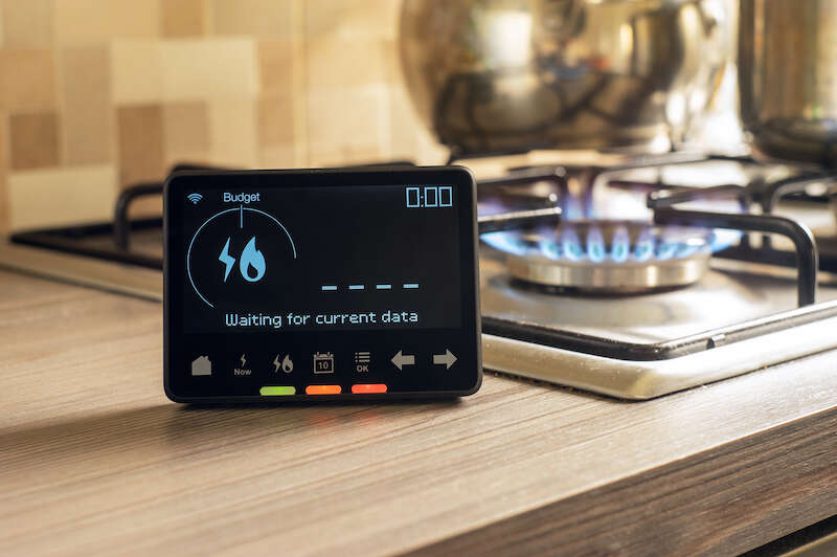
6.7 million next-generation gas and electricity meters were connected to the Data Communications Company’s (DCC) network over the last 12 months, with installations undeterred by the pandemic.
While smart meter installations were paused during the first lockdown between March and June 2020, they continued through subsequent restrictions. Nearly 20,000 smart meters were being installed in customer homes and businesses each working day by the autumn.
Those installations included the 10 millionth smart meter installed in Great Britain—by E.ON in Doddington, Cambridgeshire on 1 February 2020.
In addition to the new installations, 4 million older smart meters were migrated to the DCC’s network over the last year. By using the DCC’s network, these SMETS1 meters can retain functionality when customers switch energy suppliers.
There are now more than 13 million on the DCC’s network. 65% of them are second-generation SMETS2 meters.
The DCC says these meters will help Great Britain avoid more than 300,000 tonnes of carbon dioxide emissions each year and save consumers £347 million on their energy bills.
Angus Flett, the chief executive of the DCC said: “The DCC and its partners have performed well in a year disrupted by the Covid-19 pandemic and it’s great to see momentum building again behind this national infrastructure programme.
“Our drive for the coming period will be to make further improvements for energy consumers by supporting the migration of the remaining first-generation smart meters onto our network, and to deliver a new, faster and more reliable switching service.”
All British households and small businesses should have the next-generation meters installed by June 2025. They’re intended to give customers more insight into and control over their energy use and send meter readings directly to energy companies, eliminating the need for manual meter readings and estimated bills.
However, the UK’s energy transition could make these new meters obsolete. Business and energy secretary Kwasi Kwarteng admitted last month that smart meters could become obsolete if the country ditches natural gas for low-carbon hydrogen for heating and cooking. But he rejected suggestions that the £13.5 billion smart meter rollout be paused.




